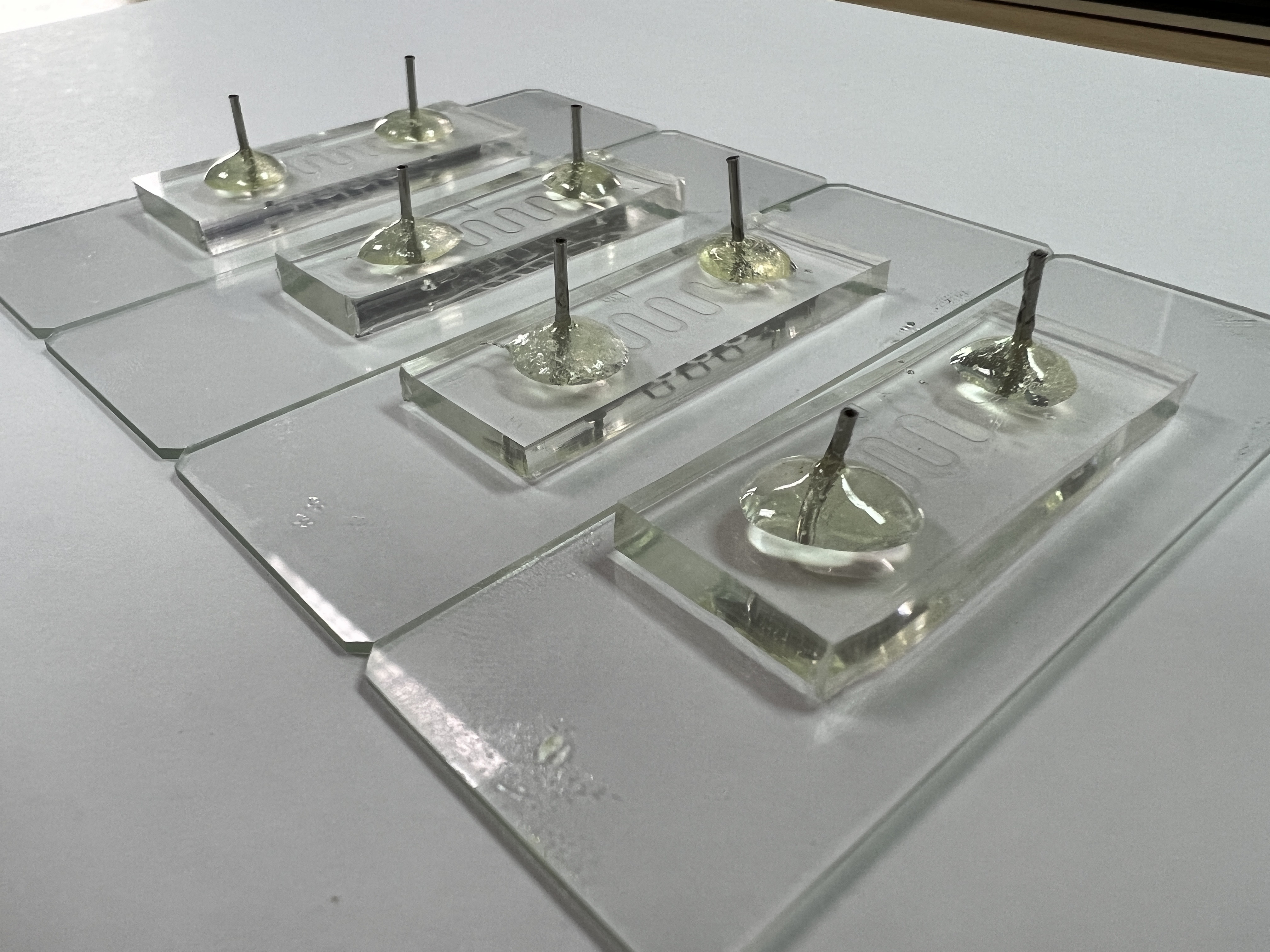Background
According to the World Health Organization (WHO), depression is becoming the leading cause of disability worldwide, affecting more than 264 million people worldwide[1].
Exposure to prolonged chronic stress induces heightened vulnerability to anxiety, depression, and several mood disorders. Chronic stress-induced depression (CSID) is characterized by the dysfunction of the medial prefrontal cortex (mPFC) in the brain, linked to cognitive and emotional deficiencies induced by long-term stress exposure[2].
Research has shown that chronic stress is closely related to the dysregulation of the gut-brain axis. In addition, gut-modifying substances, such as immune-inflammatory cytokines and reactive oxygen species (ROS), cause detrimental effects on the gut[3]. The immune-inflammatory and oxidative stress pathways will be further discussed in the following sections.
 Fig. 1. Description big picture
Fig. 1. Description big picture
Immune-inflammatory Pathway in Depression
Interferon-gamma (IFN-γ) is known to be positively correlated with depressive symptoms[4]. Research indicates that the activation of immune-inflammatory pathways and neural-immune interactions are closely involved in the pathophysiology of depressive disorders.
Below are two immune-inflammatory pathways :
- Higher serum levels of inflammatory cytokines.
Interleukin-6 (IL-6), IL-1β, and TNF-α could cause depressive disorders by disrupting neurotransmitter synthesis and signal transduction.
- T-cell abnormal activation.
Elevated serum levels of neopterin, as well as activation of Th1-like and Th-17-like cells, including increased production of IL-2 and IFN-γ, will activate more inflammatory cytokines production.
Oxidative Stress Pathway in Depression
Oxidative stress (OS) is defined as the intracellular biological imbalance between ROS (reactive oxygen species) and antioxidants, leading to the dysregulation of redox signaling pathways. Both neuronal OS and intestinal OS could lead to the occurrence of CSID. The following are physiological effects caused by excessive ROS[3]:
- Excessive oxidative stress can induce neuronal inflammation, which often leads to abnormal brain function in patients with depression[5].
- Chronic intestinal inflammation is strongly related to increased ROS, composed of superoxide, hydrogen peroxide, and hydroxyl radical, which leads to depressive symptoms through the gut-brain axis.
To sum up, depression is highly correlated with inflammatory response and oxidative stress. However, current medication cannot effectively deal with CSID due to its difficult detection. Therefore, we try to utilize a novel synthetic biological approach to deal with this problem. After surfing previous research, we found that ROS and IFN-γ are two potential biomarkers of CSID. As for taurine, a kind of amino acid, it has both anti-inflammatory and ROS-scavenging effects. As a result, we use these agents to develop our project.
Taurine
Taurine is a semi-essential amino acid appreciated for its role in neural development and neurogenesis as a neuroprotective agent. In CSID mice models, taurine dietary has increased the L-arginine concentrations in the hypothalamus with a significant decrease in the duration of immobility in motility tests. Those tests indicate that taurine inflicits anti-depressive effect.[6]
Moreover, we found out that taurine and its metabolites played a significant role in chronic intestinal inflammation, which could inhibit deterioration of CSID by gut-brain axis. Further mechanisms will be discussed in the Model.
These results strongly suggest taurine’s capability in reducing stress-induced depressive symptoms.
Approaches
Menbles
Menbles are bubbles containing our engineered E. coli Nissle which aims to alleviate CSID by producing taurine when it senses a high concentration of IFN-γ and oxidative stress. As edible bubbles, Menbles are designed to be affordable and highly accessible product that can be easily incorporated into our daily lives, created to be an alternative solution for people who fear seeking medical help due to social stigma and/or low drug compliance[9,10].
The main ingredient of Menbles is sodium alginate, which is able to resist degradation in environments with low pH, such as in the stomach gastric acid[11,12]. In environments of higher pH such as in the small intestine (pH 7.4), Menbles are able to release our engineered bacteria into its surroundings and initiate the production of taurine.
 Fig. 2. Menbles bubbles
Fig. 2. Menbles bubbles
f(int)
To assess how Menbles will behave within our intestine, without a doubt, performing a human clinical trial is required. However, due to the ethical challenges that come with performing animal experiments, it would be more desirable to build an in vitro platform of a human intestine that allows us to acquire the necessary information in a more rapid and easy fashion. Inspired by the concept of “organ-on-a-chip”, we had built f(int), a microfluidic chip that imitates the environment of human jejunum and enables us to determine the retention ratio of bacteria inside the guts.
 Fig. 3. f(int) intestinal microfluidic chip
Fig. 3. f(int) intestinal microfluidic chip
What is our inspiration?
As the COVID-19 pandemic spreads across the world, fast-spreading variants have caused resurges in infections and newly-imposed lockdowns after the 2020 outbreak. Devastations of the pandemic - millions of deaths, historic economic slump and strict bans of social interactions- have already made tremendous impacts on peoples’ mental health. Yet little does the world know its severity[13].
Depressive symptom is an imperative health issue due to its comparatively high prevalence in the general population nowadays. Accompanied by prolonged social isolation, deficient psychological health, and even suicidal tendencies, depressive symptoms often take their toll on individuals’ well-being and daily functioning on the sly. Studies conducted so far also indicated that there was skyrocketing reported symptoms of anxiety, grief and depression in Taiwan after struck by the pandemic extremely this year[14]. However, due to the limited awareness of symptoms and shying away for treatments, only 20% of the depressive patients in Taiwan sought for medical support pre-pandemic occasionally, not to mention during the pandemic[9,15].
Therefore, iGEM NCKU Tainan 2021 is dedicated to developing a novel, convenient and highly-acceptable solution targeting widespread depressive symptoms.